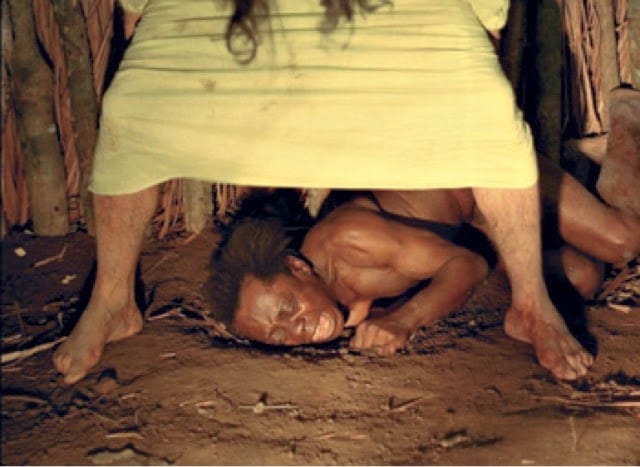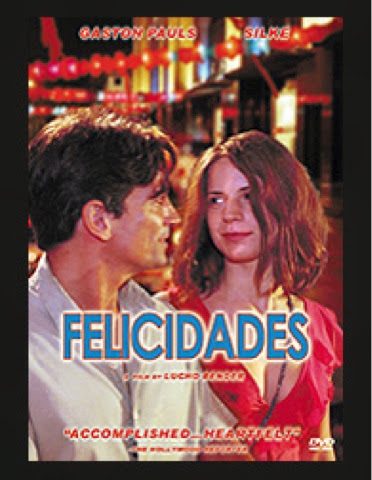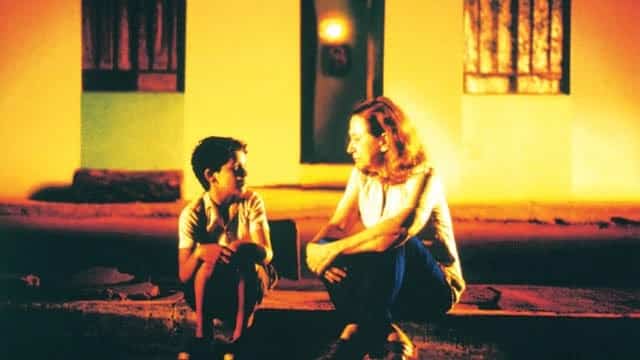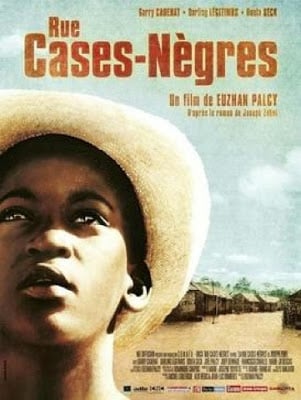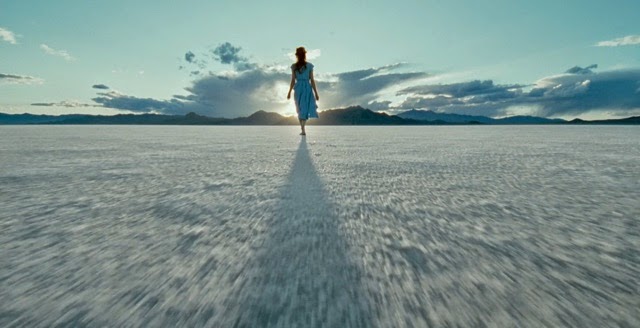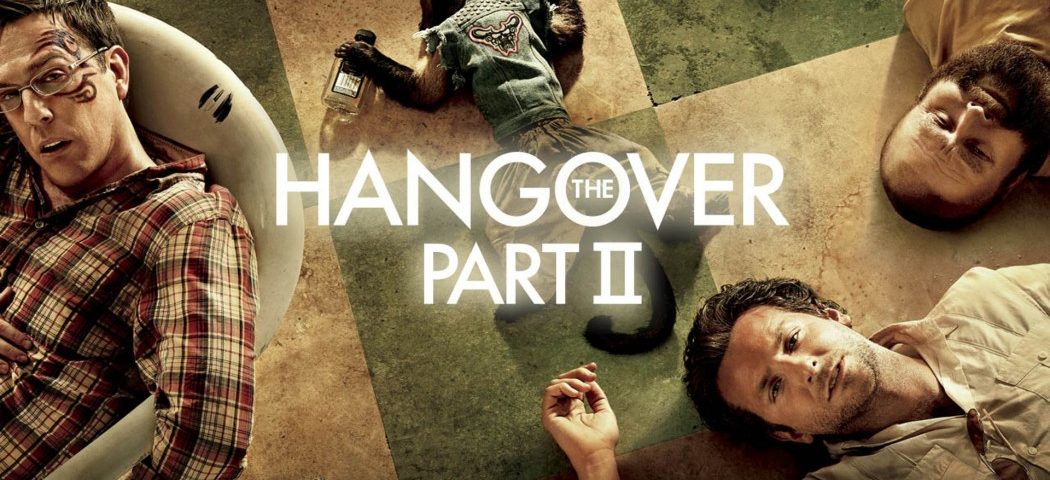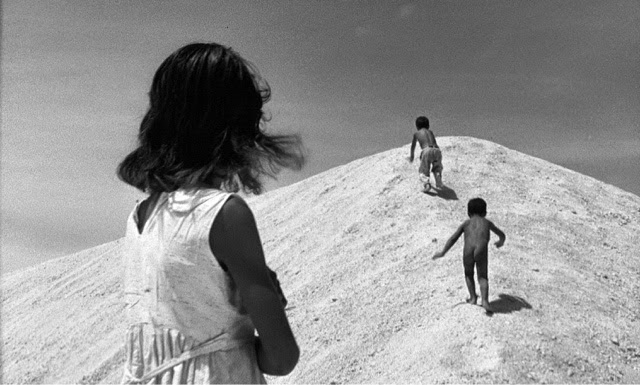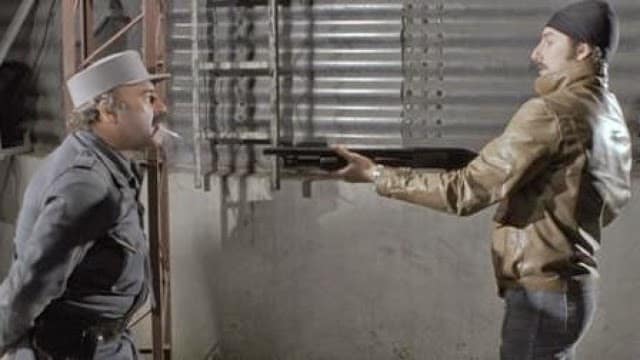ESSAYS
March 22, 2010
Argentina has one of the most impressive cinematography in the world. Within that cinema, Fernando E. Solanas is a director of seminal importance. In his essay, Towards a Third cinema, Solanas and his co-writer, Octavio Getino, galvanize the overall revolutionary ideas of the time into the concept of a decolonization cinema, denouncing the weak, liberal arts that have, up until […]
March 22, 2010
One of the most interesting aspects of South-American cinema is its post-colonial perspective. Having lived myself and being raised in a Third-world country, I can identify and relate to the plight of South-American characters, living up to their (displaced) roots while fighting their imposed colonial heritage. I’ve seen firsthand the social stratification that the colonial rule instilled into the indigenous […]
March 26, 2010
In Felicidades,several lives intersect on Christmas Eve in Buenos Aires as they all strive not to spend the holidays alone.
September 30, 2010
Central Station is one of the most popular and internationally acclaimed Brazilian films of the 1990s. It heralded a renaissance in Brazilian cinema.
February 27, 2018
I’ve been excited about Black Panther from the moment I heard about it. Anything that involves Our Lady Lupita (you know her as Lupita Nyong’o) get me psyched. I adore Lupita—and the fact that she can actually spit some bars is icing on a fine cake.
October 1, 2010
The transatlantic slave trade was one of the most disruptive acts in history, separating Africans from their backgrounds, traditions, and identities. This has had a significant impact on diaspora films.
July 24, 2011
The world is whole beyond human knowing. -Wendell Berry The Tree of Life, by renowned director Terrence Malick, is years in the making. Its history starts even before Malick’s previous film, The New World, was distributed in 2005. After generating a substantial amount of ink in the media, and hot on the heels of the film’s highly publicized win of […]
June 3, 2011
“Most critics really don’t get it.”, as they say. I feel compelled to respond to the casual filmgoers who don't understand the critic’s perspective.
March 22, 2010
In Les Carabiniers, Godard is in control, from playing with our scopophilic gaze in the makeshift rape scene or denying us narcissistic satisfaction.
March 22, 2010
The most striking aspect of the movie Araya is its beautifully contrasted black-and-white photography. Benacerraf effectively conveys her love of Venezuela.
March 22, 2010
Although separated by more than a decade, Funny Dirty Little War and Macunaïma both try to provoke social change by using satire.
March 20, 2018
I haven’t been motivated enough by any of the recent movies to add to the discussion. Black Panther has changed that. Although not a revolutionary film, elements of it speak to me profoundly.How does Black Panther paint the African-American portrait? How does it interact with other films from Africa and the African diaspora?

